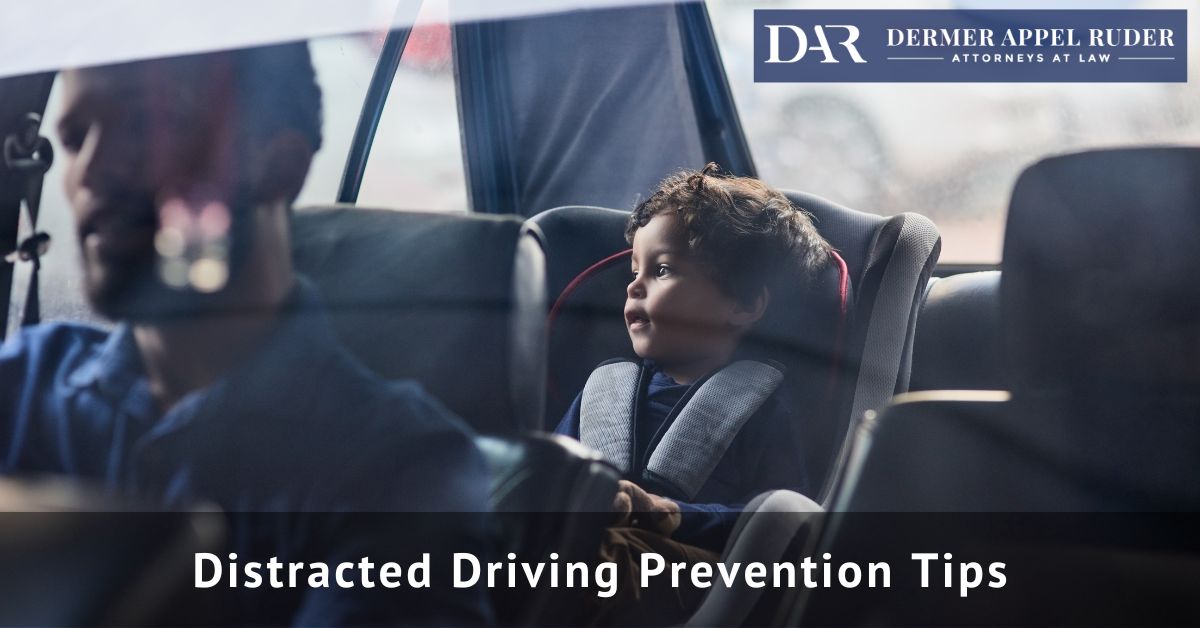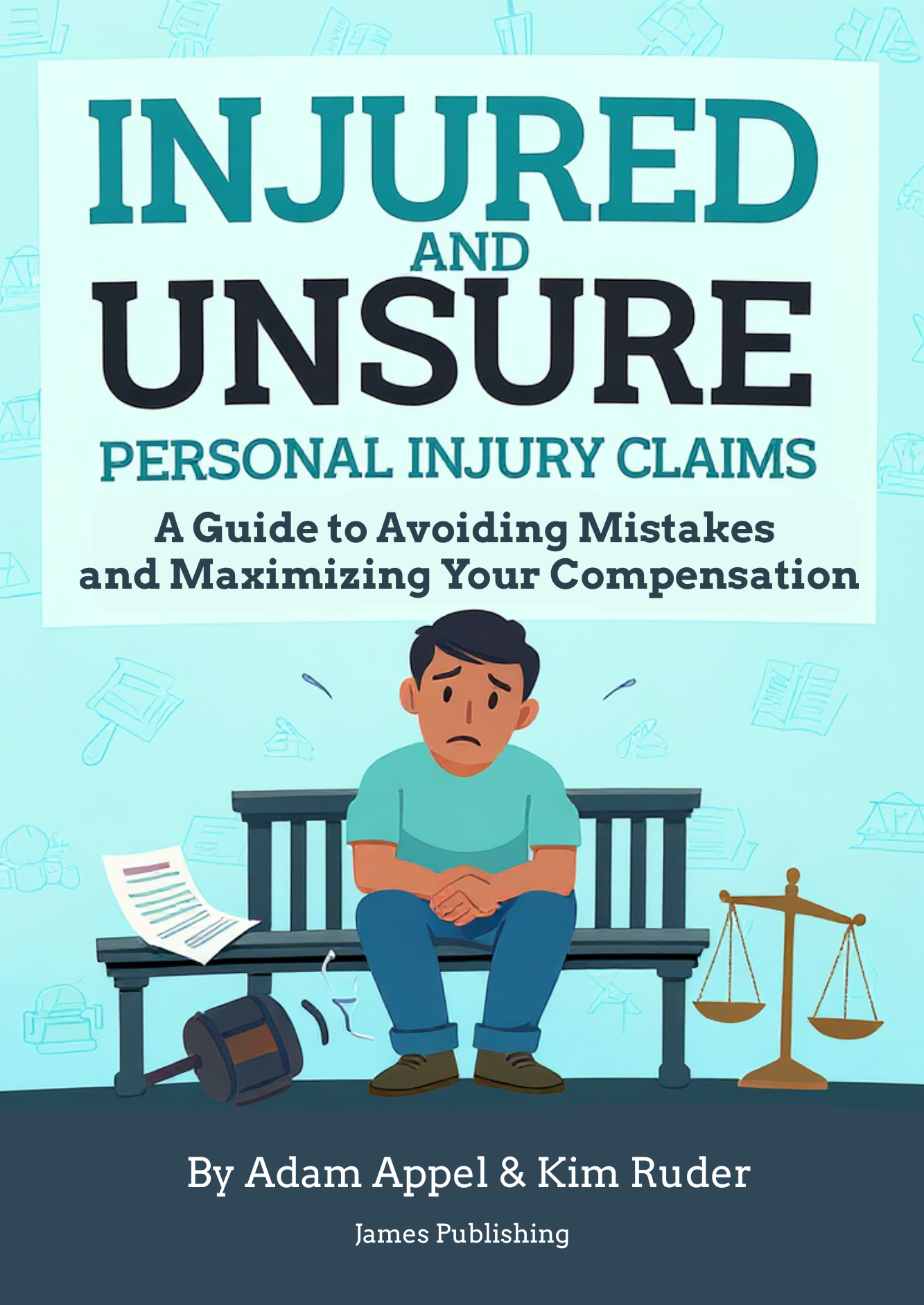Table of Contents
According to the National Safety Council (NSC), 1 in every 4 car accidents in the United States is a direct result of a distracted driver who was texting. The NSC also reported that texting while driving is six times more likely than driving while intoxicated to cause you to take your eyes off the road and result in an accident, making it the most dangerous form of driving distraction.

What Is Distracted Driving?
Anything that takes a driver’s attention away from the road is considered distracted driving. Although some people believe texting and driving is the only form of distracted driving, it isn’t. While texting and driving is the most common driving distraction, many other things can cause a driver’s focus to shift from the road. The Center for Disease Control and Prevention classifies distracted driving into three categories:
- Cognitive – anything that requires the driver to take their mind off of driving.
- Manual – anything that requires the driver to take their hands off the wheel.
- Visual – anything that requires the driver to take their eyes off the road.
Types of Driving Distractions
Cognitive
- Daydreaming
- Using hands-free Bluetooth options
- Driving upset
- Texting
- Tending to children or pets in the backseat
- Driving under the influence
- Utilizing video chat options like Facetime or Zoom
Manual
- Grooming or putting on makeup
- Eating
- Drinking
- Texting
- Fidgeting with radio or navigation
- Multitasking
Visual
- Texting
- Streaming a movie or watching videos
- Looking at navigation
- Scrolling through social media
- Taking photos or videos
Prevention
Even though it may be challenging at times, avoiding driving distractions can be easy with these helpful tips:
- Pull over – If you are sleepy or feeling tired, the best thing to do is to pull over. Someone driving drowsy is at a higher risk of crashing than someone who isn’t. Finding a safe place to stop and recharge before returning to the road will help with always staying attentive and alert.
- Keep your phone out of sight – Putting your phone in a bag can help avoid using it while behind the wheel. Turning off notifications and placing the bag in the back seat may also be beneficial for drivers who still have the urge to grab it anyway.
- Limit the number of passengers – Sometimes, the number of passengers can create a major distraction for the driver. Many states have laws to help regulate the number of people a driver can have in the car. For example, Georgia limits the number of passengers for new drivers.
- Avoid eating – Even though grabbing a quick bite to eat on the go might seem to be an efficient use of time, spills or the need to take your hands off the wheel can be a major driving distraction.
- Setting your GPS before leaving – Inputting your destination in the GPS before leaving can also help limit driving distractions. If you need to change your directions, it is safest to pull over to make the proper adjustments.
- Making a playlist – Changing your music selection can also be a driving distraction. Creating a preset playlist for the road can help prevent drivers from using their phones behind the wheel.
- Tend to children first – Preparing snacks or bringing your child’s favorite toys can keep them occupied and help you stay focused while driving. Be sure to set them up with everything they may need before you drive off.
Contact a Lawyer
You may be entitled to financial compensation if you or someone you know has been involved in a distracted driving-related accident. Speaking with a skilled attorney may be beneficial if you think you have a case. They will be able to evaluate the details of your case and ensure you have a complete understanding of your legal options moving forward.
Here at Dermer Appel Ruder, LLC, we have the skills and experience you need on your side. Our attorneys are dedicated to our client’s case success and offer support throughout the process.
Contact us today at (404) 892-8884 or visit our website to schedule your free consultation with one of our trusted team members.
